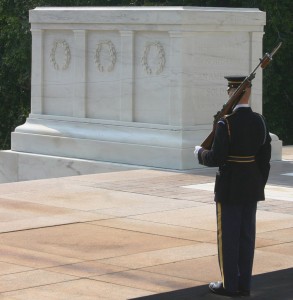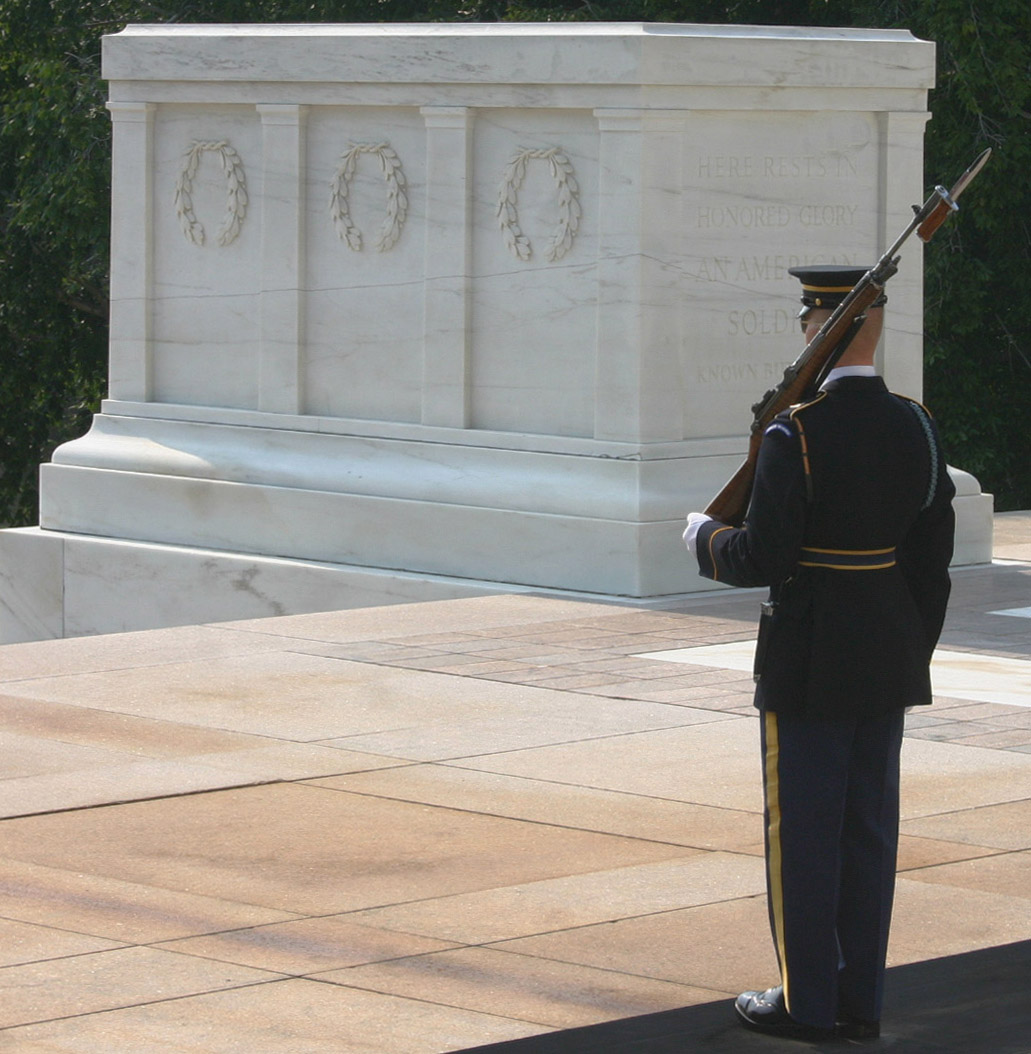
The Issue: Ottawa Terrorist Attack
A terrorist attack rocked Canada’s capital and catapulted more investigations of terrorism in Canada. On Oct. 22, Michael Zehaf-Bibeau opened fire at Canada’s National War Memorial and entered the nearby Parliament building.
Zehaf-Bibeau killed corporal Nathan Cirillo, who was guarding the Tomb of the Unknown Soldier, before he was killed himself. Zehaf-Bibeau was killed by Canadian sergeant-at-arms Kevin Vickers. This was the second deadly assault on a uniformed member of Canada’s armed forces within three days, the New York Times reported. A few days before, there was a hit-and-run car crash that killed a soldier and wounded another in Quebec. Later, authorities named it an act of terror.
According to Reuters, a Canadian Parliament committee is set to hear from two top security officials about threats facing Canada. Reuters also said Zehaf-Bibeau made a video of himself “just before the attack that contained evidence that he was driven by ideological and political motives.” The BBC reports that Canadian authorities said “the gunman was radicalized but had no ties to Middle Eastern Islamist extremists.” Zehaf-Bibeau had converted to Islam, is from suburban Montreal and has dealt with drug abuse and mental health problems, the New York Times reported. He also has a criminal history.
During the attack, Parliament was locked down, but public tours have since reopened.
The Issue: Leaving Afghanistan
Combat operations have ended in the Afghani province of Helmand. United States Marines and British troops have left, which ends a “decade-long struggle to keep a major Taliban stronghold and the region’s vast opium production in check,” the New York Times said. According to the Washington Post, the province is now “almost exclusively in the hands of Afghan security forces.”
The withdrawal and base closure is one of the largest operations in the winding down of the international combat mission in Afghanistan, according to Reuters. The Washington Post reported the withdrawal “marks another step in the wider disengagement of NATO-led forces in Afghanistan.” The Washington Post also said British forces were largely in control of Helmand in the early years of the war, but in 2008 President Obama sent tens of thousands of American Marines to the province. At the peak of U.S. deployment, about 20,000 Marines were stationed at Helmand.
About 400 British troops and more than 350 Marines have been killed in Helmand.
